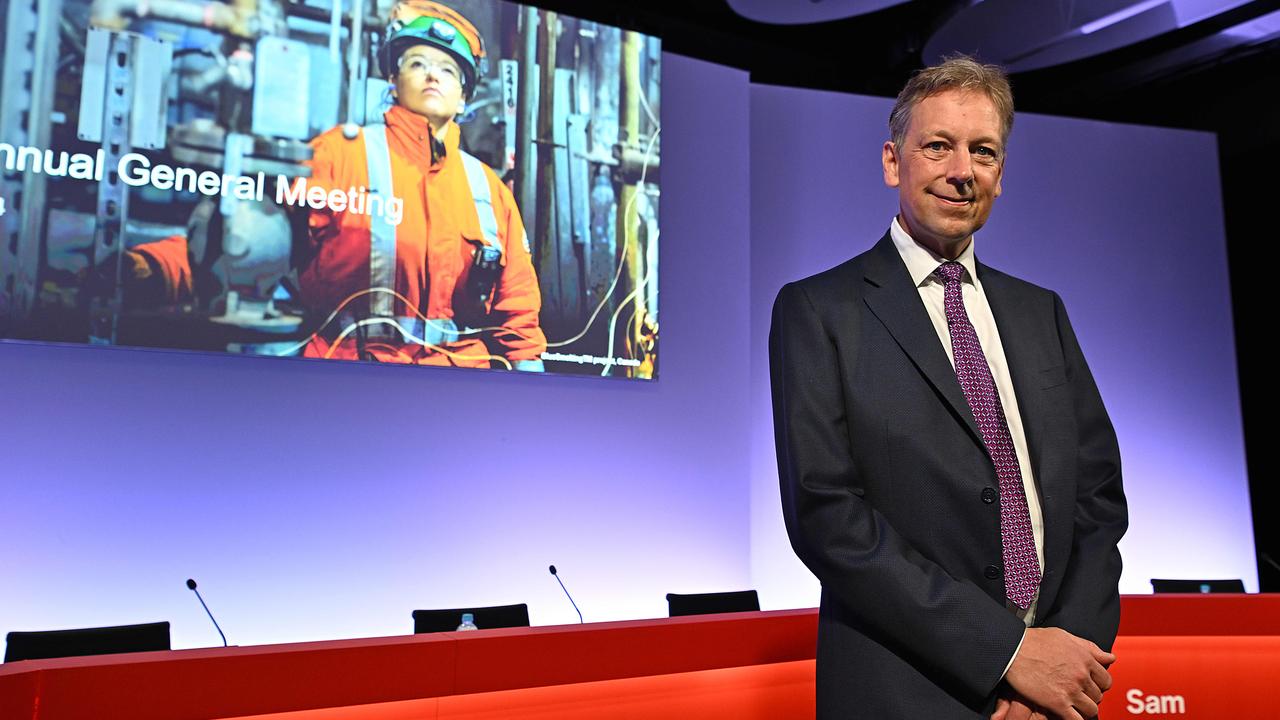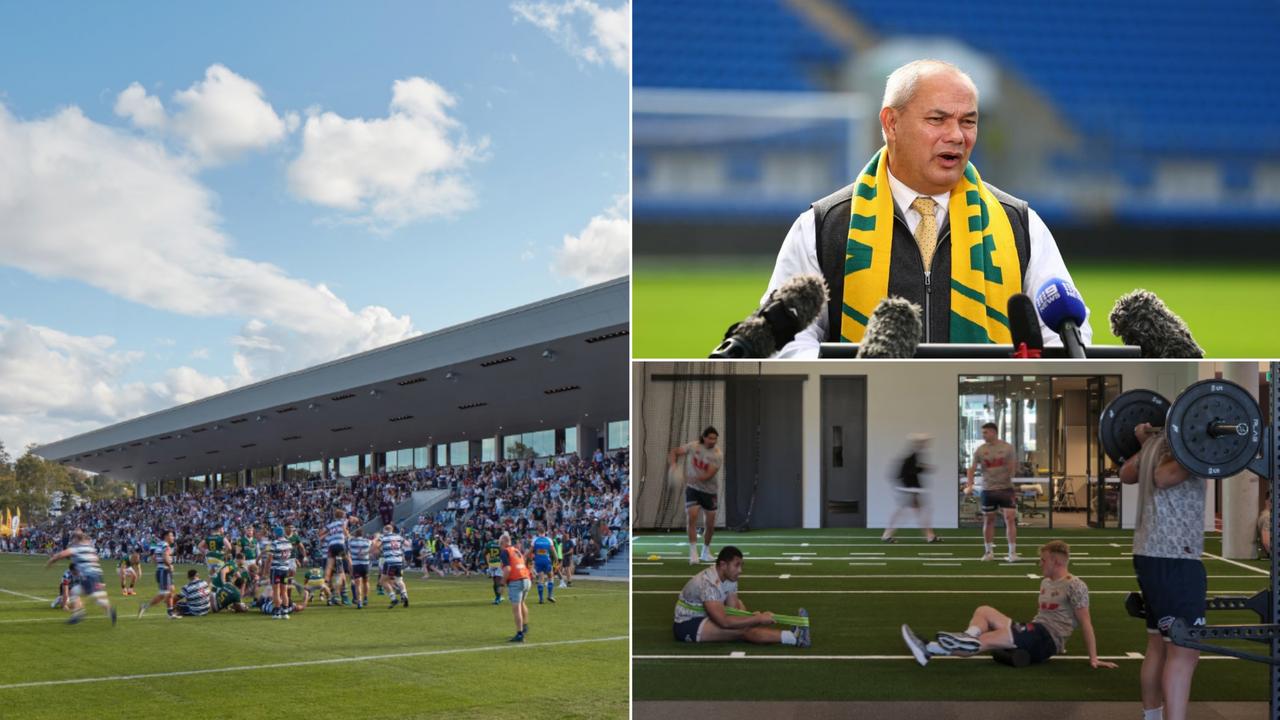MFS Octavian collapse: What creditors of failed investment firm will receive
The creditors of a failed Gold Coast investment firm’s boss have found out what they will receive. It’s not good news.

Business
Don't miss out on the headlines from Business. Followed categories will be added to My News.
FOR creditors, the demise of the former head of a failed Gold Coast investment group looks like making either no cents or fractions of cents.
The fellow is Michael King, who was at the helm of MFS, later tagged Octavian, before it sank in the early days of the GFC owing $2 billion or more.
Later the polo-playing ex-lawyer said he had one in a million chance of not being bankrupted.
That prophecy took 13 years to prove accurate – a year ago he was bankrupted at the behest of a snarling corporate watchdog.
The debts of the 58-year-old, who said he had $20 in cash, were put at $177 million or more by ASIC.
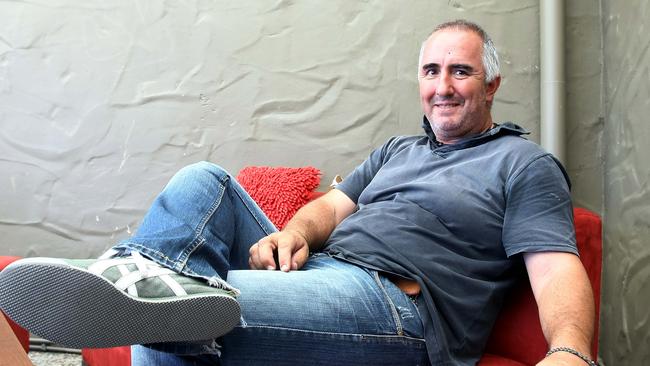
That $20 is a far cry from the $20m a year he was touted as earning from a remuneration package and dividends before MFS imploded.
Move ahead 12 months from last December’s bankruptcy ruling and the recovery scenario for the King creditors has emerged as bleak.
The best-case outcome is forecast to be a payment of 0.04 cents in the dollar (4c for every $10,000 owed) and, at the other extreme, no payment.
Michael, who’s on a time-payment plan with his bankruptcy trustee, admitted a year ago to owing unsecured creditors $224.5 million.
He’s told his Worrells trustee that he’s undertaking property consultancy work for Chinese billionaire Tony Fung’s Aquis group.
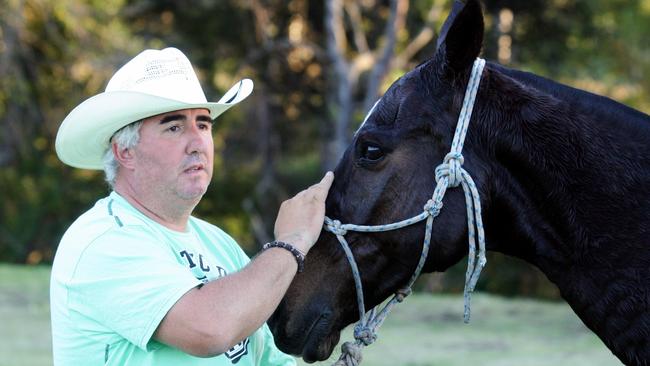
Should that work continue, he’d be able to provide $174,000 while in bankruptcy, which would fall to $102,000 after costs associated with the bankruptcy.
The former partner in Southport law firm McLaughlins sold properties worth a tad over $9 million, mainly parts of the Elysian fields polo centre at Canungra, in the three years from 2010.
Most were sold in his role as a trustee and all the proceeds went to the Commonwealth Bank.
Earlier this year Michael told his bankruptcy trustee that he was unemployed and had been since January 2008.
He was understood to be living in a property owned by his spouse, with a friend or associate paying his living expenses.
The Southport School old boy stepped down as MFS/Octavian chief in January 2008.
He later said he was devastated by what had happened to the company’s shareholders and mum-and-dad investors, many of whom were family and friends.
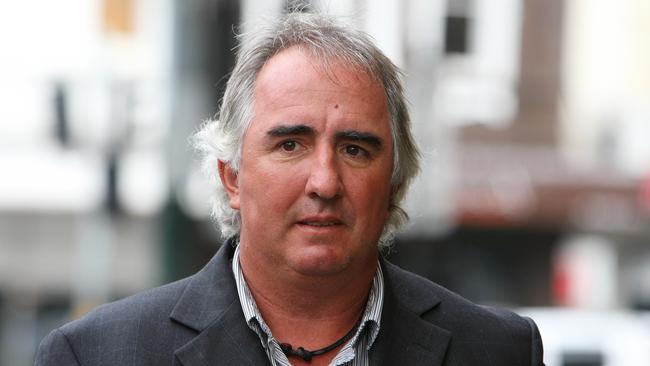
Among those caught up in the group’s demise were two major shareholders who had sold businesses into Octavian – Tony Smith, BreakFree travel founder, and Chris Scott, of managements-rights company S8.
The MFS business was born out of the lending arm of McLaughlins Solicitors in the 1990s and became an entity headed by Michael and fellow McLaughlins partner Phil Adams.
At its height the then listed group reportedly had more than $5 billion in funds under management and had former Liberal Party chairman Andrew Peacock as chairman.
In 2007 Phil headed to Dubai to set up what was intended to be a beachhead for an entry into the United Arab Emirates.
The MFS demise in 2008 put paid to that and Phil, who had resigned his MFS role a year earlier, headed back to the Gold Coast.
ASIC’s long fight with Michael went as far as the High Court.
The watchdog took a final step against Michael a year ago by seeking his bankruptcy over a failure to pay a $300,000 penalty imposed by the Supreme Court in 2017.



